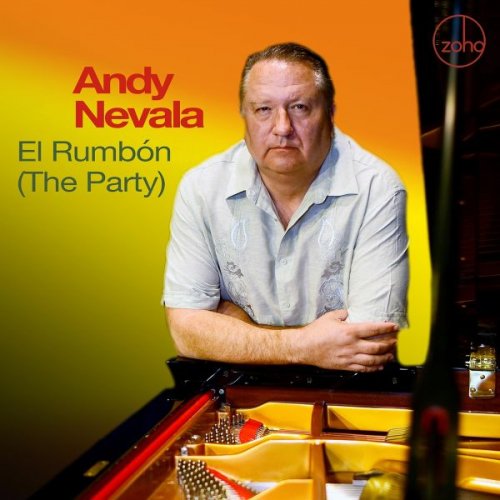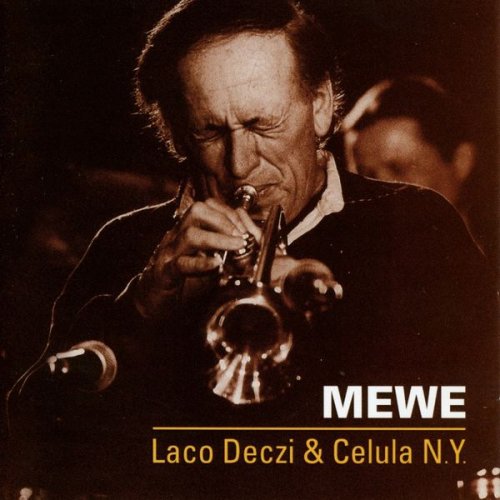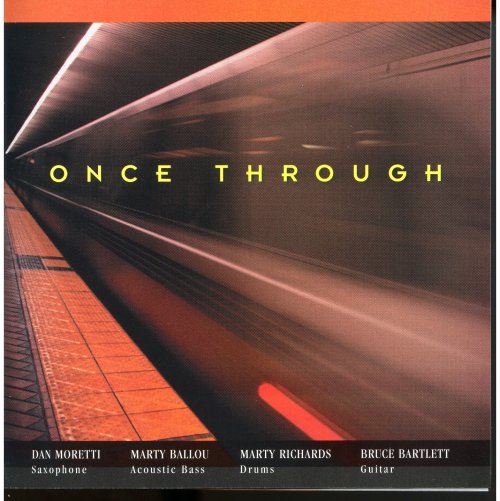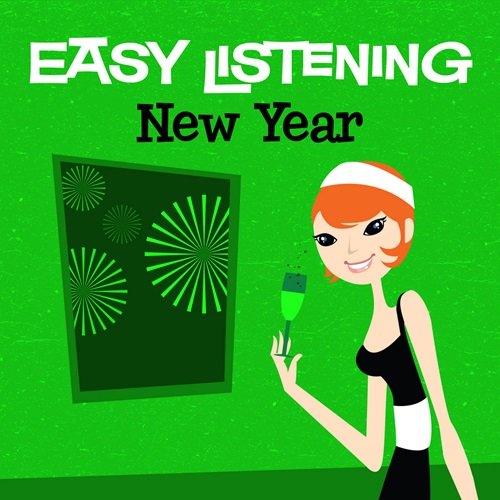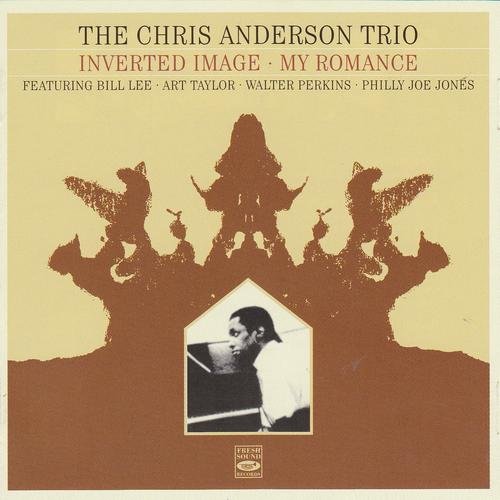Nicholas McGegan - Handel: Tamerlano (2010)
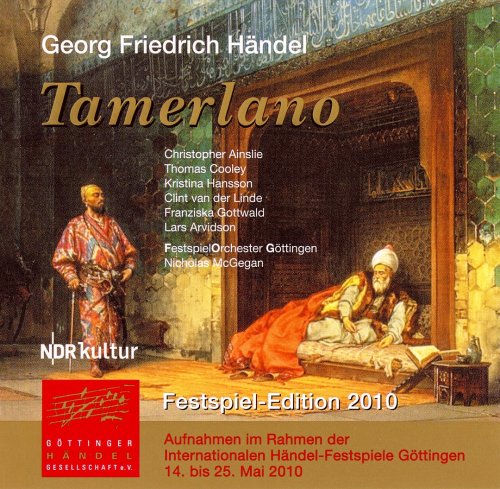
Artist: Nicholas McGegan
Title: Handel: Tamerlano
Year Of Release: 2010
Label: NDR Kultur
Genre: Classical
Quality: FLAC (image + .cue, log, scans)
Total Time: 1:19:46
Total Size: 395 MB
WebSite: Album Preview
Tracklist:Title: Handel: Tamerlano
Year Of Release: 2010
Label: NDR Kultur
Genre: Classical
Quality: FLAC (image + .cue, log, scans)
Total Time: 1:19:46
Total Size: 395 MB
WebSite: Album Preview
01] Ouverture
02] ATTO PRIMO. Aria (Tamerlano): Vo dar pace a un'alma altera
03] Aria (Andronico): Bella Asteria, il tuo cor mi difenda
04] Aria (Bajazet): Ciel e terra armi di sdegno
05] Aria (Asteria): Deh, lasciatemi il nemico
06] Accompagnato (Andronico): Chi vide mai piu sventurato amante
07] Aria (Andronico): Benche mi sprezzi l'idol che adoro
08] ATTO SECONDO. Aria (Irene): Par che mi nasca in seno
09] Terzetto (Asteria, Tamerlano, Bajazet): Voglio strage
10] ATTO TERZO. Aria (Asteria): Cor di padre, e cor d'amante
11] Aria (Tamerlano): A dispetto d'un volto ingrato
12] Duetto (Asteria, Andronico): Vivo in te
13] Aria (Leone): Nel mondo e nell'abisso io non pavento
14] Aria (Bajazet): Empio, per farti guerra
15] Recitativo (Irene, Tamerlano): Signor, fra tante cure - Recitativo (Bajazet, Tamerlano): Oh per me lieto, avventuroso giorno
16] Accompagnato (Bajazet, Asteria): Fremi, mineccia
17] Arioso (Bajazet): Figlia mia, non pianger, no
18] Accompagnato (Bajazet): Tu, spietato, il vedrai
19] Coro (Irene, Andronico, Tamerlano, Leone): D'atra notte gia mirasi a scorno
Nicholas McGegan has done more for the early music movement in America than nearly anyone else, and his tireless explorations of the byways of Baroque opera have put many fascinating works into the concert hall and onto recordings.
He studied piano at London's Trinity College of Music and learned to play the flute while he was there, but entertained no special desire to study historical performance. When he entered Corpus Christi College in Cambridge, however, one of the courses required for a music degree was professor Nicholas Shackleton's acoustics course. This course often met in the professor's home, which contained both a large collection of 18th century wind instruments and a tenant named Christopher Hogwood. Hogwood, of course, was then one of the leading lions of the period-instrument Baroque movement in England, so McGegan could not have been in a better position to learn about it. Although he had been studying 20th century music, one day he picked up a Baroque wooden flute and never looked back. During the 1970s, McGegan became one of the bright lights of England's starry period-instrument scene, playing the flute, harpsichord, and fortepiano with all the major period instrument groups in England, especially Hogwood's Academy of Ancient Music. He became director of early music at the Royal College of Music in London in 1976.
In 1979, McGegan made the fateful decision to accept a three-month artist-in-residence position at Washington University at St. Louis. McGegan's teaching and performance caused quite a stir at the university and numerous renewals of the initial term followed; McGegan has said that during this time he became "more American-based than European-based." In 1985, McGegan became music director of the Philharmonia Baroque Orchestra, which had been a players' cooperative without a leader. The ensemble still places a premium on collaboration and creativity under McGegan's direction. It has become the finest period instrument group in America and one of the finest in the world since McGegan took it over, making numerous recordings under his direction.
One of the international positions this very busy conductor holds is artistic director of the Gottingen Handel Festival, the oldest festival for Baroque music in the world. He has also spread the ideas of historically informed practice in his work with groups such as Hungary's Capella Savaria; the Chicago Symphony; the Cleveland and Philadelphia orchestras; Saint Louis, Toronto, and Sydney symphonies; the New York, Los Angeles, and Hong Kong philharmonics; the Northern Sinfonia, and the Scottish Chamber Orchestra, as well as opera companies including Covent Garden, San Francisco, Santa Fe, and Washington. McGegan also founded the Arcadian Academy, a chamber offshoot of the PBO, and has served as the Baroque series director for the Saint Paul Chamber Orchestra and as an advisory board member for the University of Maryland Handel Festival and London's Handel House. In his pursuit of reviving Baroque works, he's collaborated with dancer Mark Morris to present Rameau's Platée at the Edinburgh Festival and Handel's L’Allegro at Ravinia and the Mostly Mozart Festival in New York.
Despite, or perhaps because of, his academic credentials and background in period performance, McGegan's performances exemplify joy and fun, rather than sober scholarship. He has compared the PBO to a "jazz band" in terms of its ability to play together and play with spirit, and the comparison rings true when listening to the PBO live or on record, or, indeed, when listening to any of McGegan's performances. Although he is primarily identified with -- and won awards for his recordings of -- Handel, he has played repertoire stretching into the 19th century and has brought the same sense of fun to all of it. -- Andrew Lindemann Malone
He studied piano at London's Trinity College of Music and learned to play the flute while he was there, but entertained no special desire to study historical performance. When he entered Corpus Christi College in Cambridge, however, one of the courses required for a music degree was professor Nicholas Shackleton's acoustics course. This course often met in the professor's home, which contained both a large collection of 18th century wind instruments and a tenant named Christopher Hogwood. Hogwood, of course, was then one of the leading lions of the period-instrument Baroque movement in England, so McGegan could not have been in a better position to learn about it. Although he had been studying 20th century music, one day he picked up a Baroque wooden flute and never looked back. During the 1970s, McGegan became one of the bright lights of England's starry period-instrument scene, playing the flute, harpsichord, and fortepiano with all the major period instrument groups in England, especially Hogwood's Academy of Ancient Music. He became director of early music at the Royal College of Music in London in 1976.
In 1979, McGegan made the fateful decision to accept a three-month artist-in-residence position at Washington University at St. Louis. McGegan's teaching and performance caused quite a stir at the university and numerous renewals of the initial term followed; McGegan has said that during this time he became "more American-based than European-based." In 1985, McGegan became music director of the Philharmonia Baroque Orchestra, which had been a players' cooperative without a leader. The ensemble still places a premium on collaboration and creativity under McGegan's direction. It has become the finest period instrument group in America and one of the finest in the world since McGegan took it over, making numerous recordings under his direction.
One of the international positions this very busy conductor holds is artistic director of the Gottingen Handel Festival, the oldest festival for Baroque music in the world. He has also spread the ideas of historically informed practice in his work with groups such as Hungary's Capella Savaria; the Chicago Symphony; the Cleveland and Philadelphia orchestras; Saint Louis, Toronto, and Sydney symphonies; the New York, Los Angeles, and Hong Kong philharmonics; the Northern Sinfonia, and the Scottish Chamber Orchestra, as well as opera companies including Covent Garden, San Francisco, Santa Fe, and Washington. McGegan also founded the Arcadian Academy, a chamber offshoot of the PBO, and has served as the Baroque series director for the Saint Paul Chamber Orchestra and as an advisory board member for the University of Maryland Handel Festival and London's Handel House. In his pursuit of reviving Baroque works, he's collaborated with dancer Mark Morris to present Rameau's Platée at the Edinburgh Festival and Handel's L’Allegro at Ravinia and the Mostly Mozart Festival in New York.
Despite, or perhaps because of, his academic credentials and background in period performance, McGegan's performances exemplify joy and fun, rather than sober scholarship. He has compared the PBO to a "jazz band" in terms of its ability to play together and play with spirit, and the comparison rings true when listening to the PBO live or on record, or, indeed, when listening to any of McGegan's performances. Although he is primarily identified with -- and won awards for his recordings of -- Handel, he has played repertoire stretching into the 19th century and has brought the same sense of fun to all of it. -- Andrew Lindemann Malone
Related Releases:
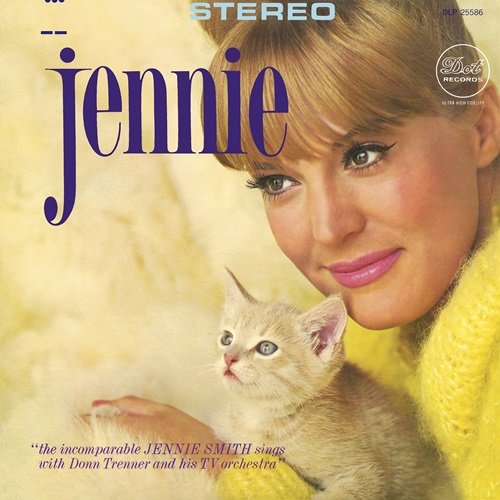
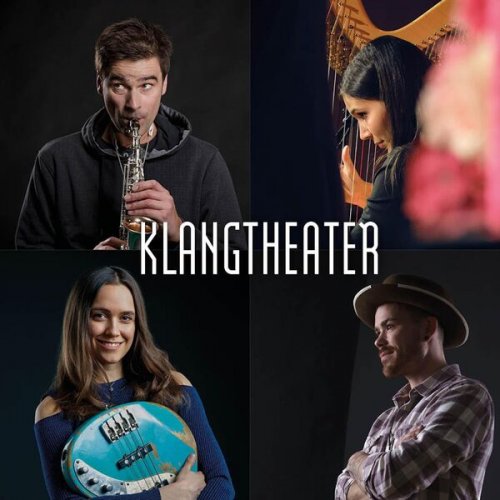
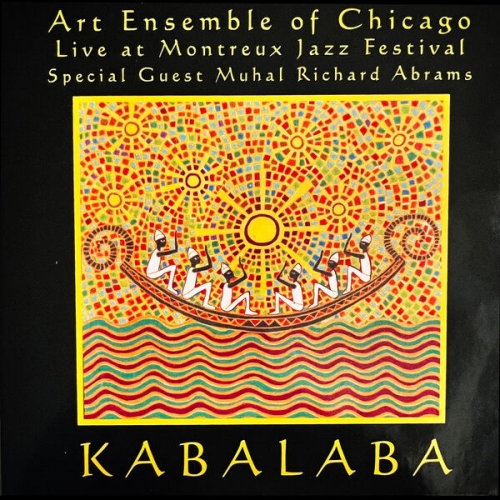
![Quadro Nuevo - Inside The Island (2025) [DSD256] Quadro Nuevo - Inside The Island (2025) [DSD256]](https://www.dibpic.com/uploads/posts/2026-01/1767895346_folder.jpg)
